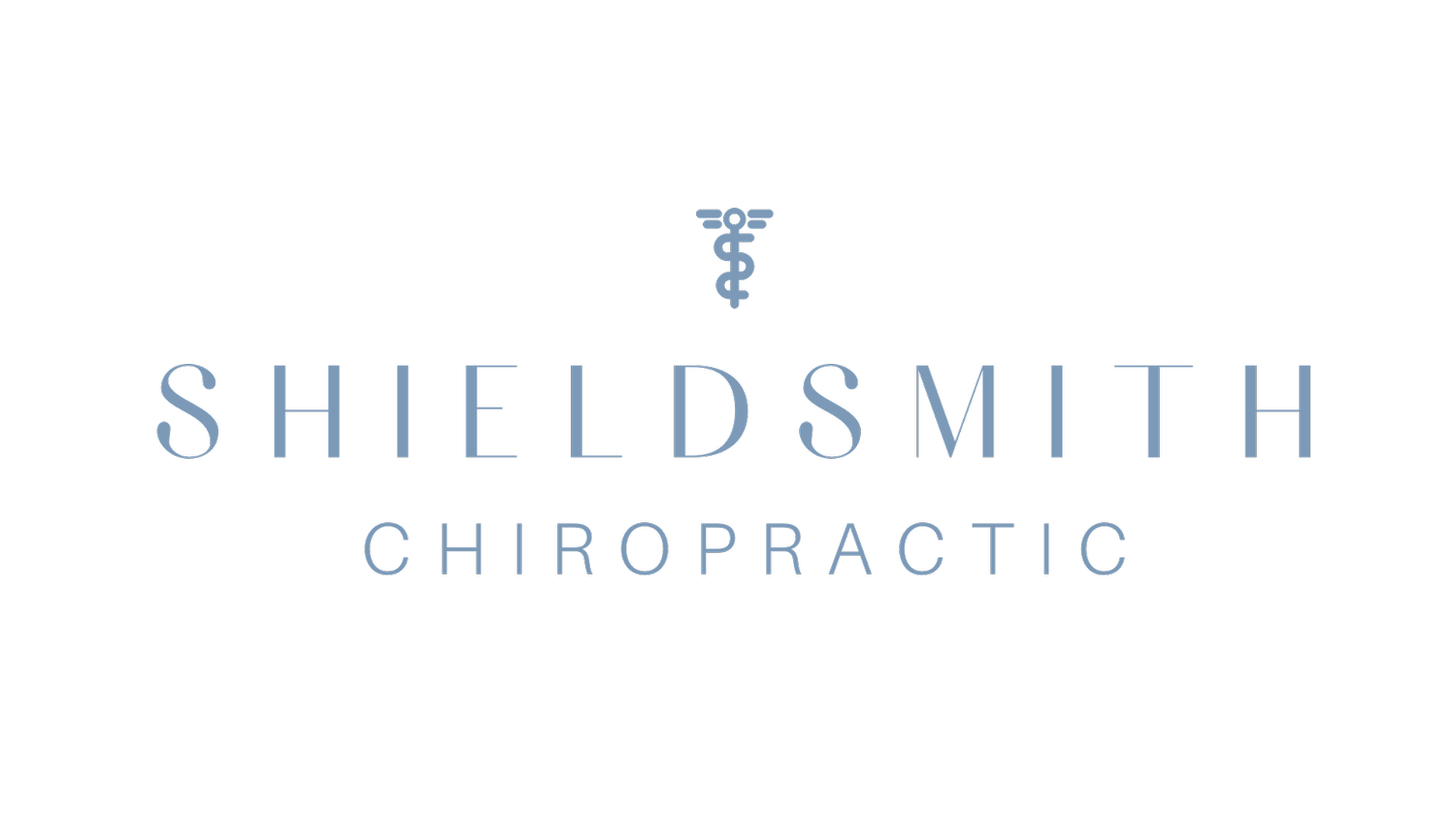We worry about sourcing quality products- so you don’t have to.
We use Fullscript to give patients convenient, 24/7 access to top-quality supplements and features that help keep them on track with their wellness goals. It’s easy. We send a recommendation to their device, they purchase supplements, and Fullscript ships the products to their front doors. Refill reminders and an optional autoship feature ensure patients never worry about running low on their wellness products. Fullscript also keeps patients up-to-date with the latest health and wellness research. They send evidence-based content created by their integrative medical advisory team to patients’ inboxes. Patients can unsubscribe anytime, but most love it! Fullscript cheers my patients on as they work towards better health and wellness!
Why is supplement quality important?
The Food and Drug Administration (FDA) and Health Canada are the government organizations that oversee the regulation of dietary supplements and natural health products in the United States and Canada, respectively. (1)(4) However, dietary supplements are not as strictly regulated as pharmaceutical medications, and many supplements lack transparency regarding purity, quality, and safety.
If the production and distribution of a product do not adhere to strict manufacturing standards, often reviewed by a third-party certifier, the product may include incorrect or adulterated ingredients, display inaccurate labels, and risk cross-contamination with other ingredients or microbiological contamination, among other critical issues that may affect product quality, and ultimately, consumer health. (4)
When considering supplement quality and safety, many dietary supplement manufacturers assess products using a set of standards known as Good Manufacturing Practices (GMPs). These standards help ensure the identity, purity, strength, and composition of the products that are being manufactured. (4)
Did you know? In the U.S., the FDA regulates dietary supplements under a set of framework established by the Dietary Supplement Health and Education Act of 1994 (DSHEA). (11)
Dangers of fake supplements
Patients rely on practitioners, manufacturers, and retailers for health and supplement information. Fake dietary supplements may be convincingly marketed, have a price tag that attracts consumers, and even be sold at well-known retailers. Unfortunately, these big-box stores and e-commerce sites often don’t have rigorous quality standards for supplements. (2)(5)
This oversight may expose consumers to potentially harmful chemicals or even banned substances. Fake products may contain mislabeled ingredients, toxic doses, or impurities that can cause illness, such as bacteria or mold. (1) Taking fake health supplements may cause undesirable side effects, such as chest pain, fatigue, or a rash. They can also lead to more severe reactions, such as heart, kidney, or liver damage. (6)(8)(9)
Learn more about supplement quality standards in the United States and Canada.
What are fake supplements?
The FDA doesn’t evaluate dietary supplement labels and ingredients before they’re sold— meaning what’s on the label isn’t always what’s in the bottle. (2)(9) Ensuring that your patients take high-quality, genuine supplements is also important for their safety. Among other concerns, fake supplements may include harmful ingredients or contaminants, such as bacteria. (1)
Fake supplements can appear similar to genuine supplements at first glance but differ significantly in ingredients and quality. Fake supplements may have:
